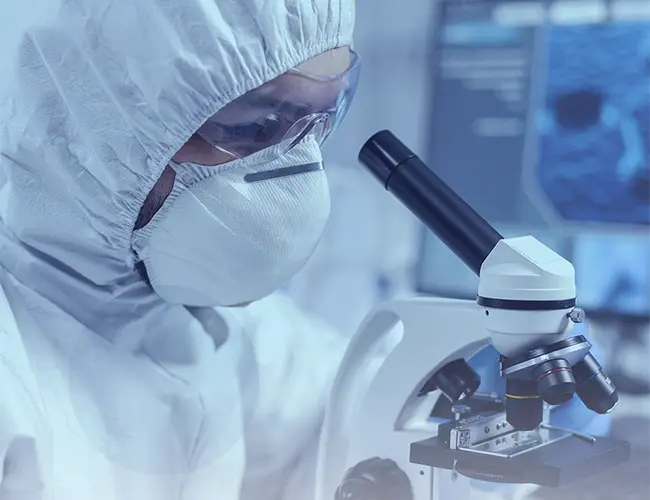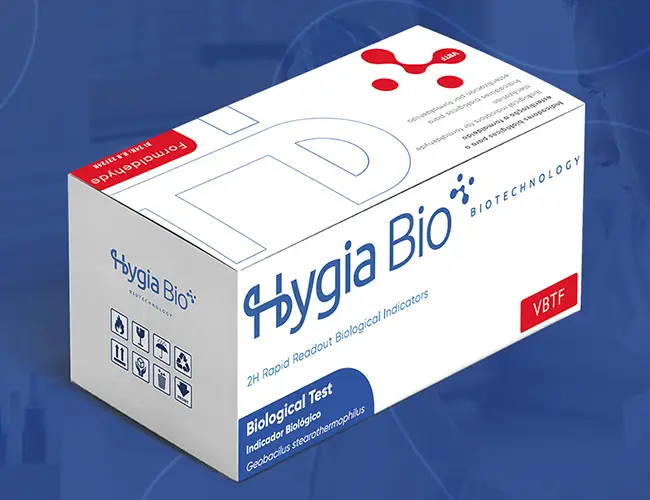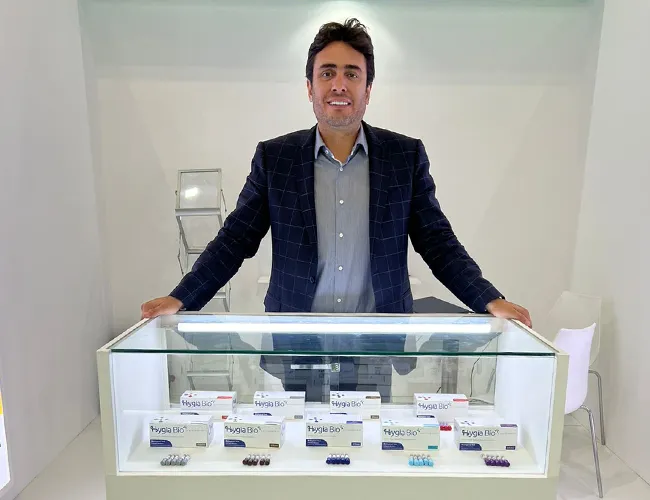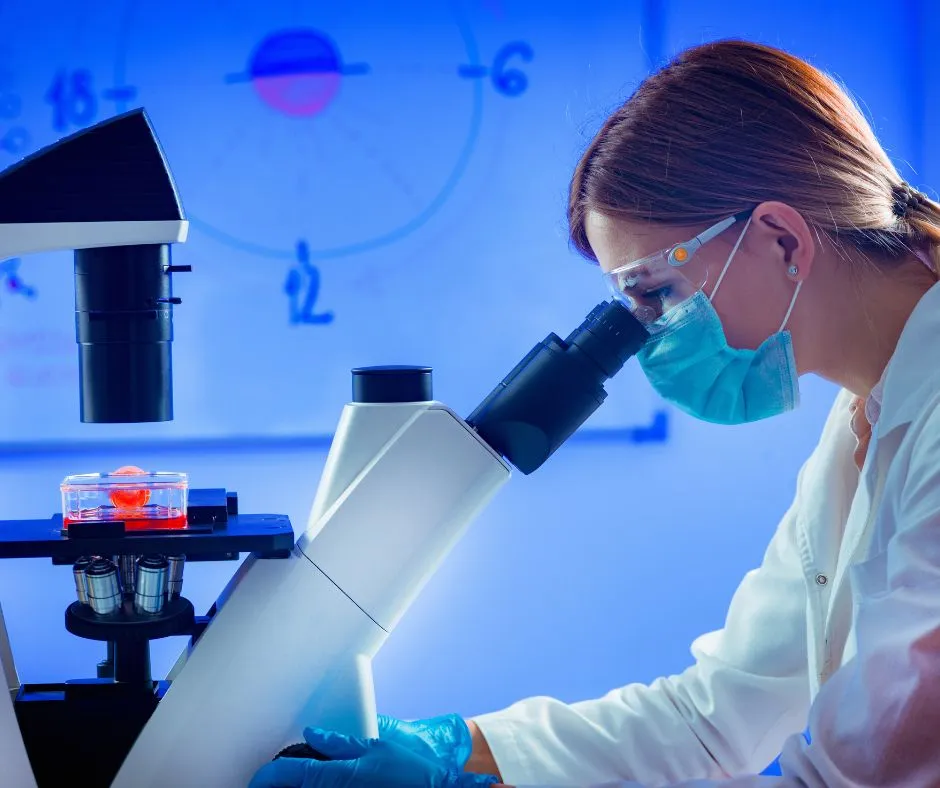Biosecurity is a set of essential measures to ensure a safe environment both to health professionals and to patients in medical clinics. These measures are fundamental to prevent the transmission of infectious diseases and ensure quality of service.
The concern with biosecurity is essential for many reasons, all fundamental to the collective and individual well-being, besides the preservation of the environment. In environments such as hospitals, medical clinics, research laboratories and any other place that deals with pathogenic agents, toxic chemical products or genetic material, biosecurity ensures that the risks of exposure to these pathogens are minimized.
In this post we present to you six biosecurity measures that are indispensable to medical clinics, based on recommended practices and in the sector’s experience of Hygia Bio, which stands out for its innovations and medical solutions in biosecurity.
Brazilian legislation and biosecurity
Law number 11.105/2005 (Biosecurity Law) establishes safety norms and supervision mechanisms of activities that involve genetic modified organisms (GMOs) and their derivatives, watching over for the protection of human, animal, plant and the environment’s health and life.
Brazilian legislation also involves specific directives to the control of hospital infections, demanding that the healthcare establishments implement Hospital Infectious Diseases Control Committees to develop, implement and monitor prevention practices and infectious control.
1. Correct usage of Personal Protective Equipments (PPEs)
PPEs, such as gloves, masks, protection glasses and aprons are the first line of defense against the transmission of infectious agents. It is essential that all professionals are trained to utilize these equipment correctly in all interactions that may involve exposure to body fluids or contaminated materials.
2. Hands Hygienization
Hygienization of the hands is one of the most effective ways to prevent infections related to health care assistance. The use of alcohol and soap to clean the hands must be incentivized before and after each appointment, as well as the removal of the PPEs.
3. Disinfection and Sterilization of Instruments
The utilization of the sterilized instruments is crucial to any medical procedure. Clinics must follow rigorous cleaning, disinfection and sterilization procedures of the instruments, using appropriate methods for each type of material. Companies such as Hygia Bio offer innovative solutions in this area, including biological indicators by fluorescence and by pH, which ensure the efficacy of the sterilization.
4. Residue Management
The correct discard and management of residues are essential to avoid the propagation of infections. This includes adequate segregation of the residue in categories such as infectious, sharp and common. Furthermore, it also includes safe management and discard according to local regulations.
5. Continuous Training and Education
The continuous formation and training of all health care professionals regarding the biosecurity practices are fundamental to maintain a high standard of care. This includes regular updates about the infection prevention protocols, use of IPEs, and procedures of cleaning and sterilization.
6. Control and Monitoring of Infections
Implementing a system of monitoring and control of infections is vital to detect surges prematurely and to apply corrective measures. The adoption of advanced technologies, such as the ones developed by Hygia Bio, eases the quick identification of flaws in the sterilization processes as well as the decision making regarding the evidence to the continuous improvement.








